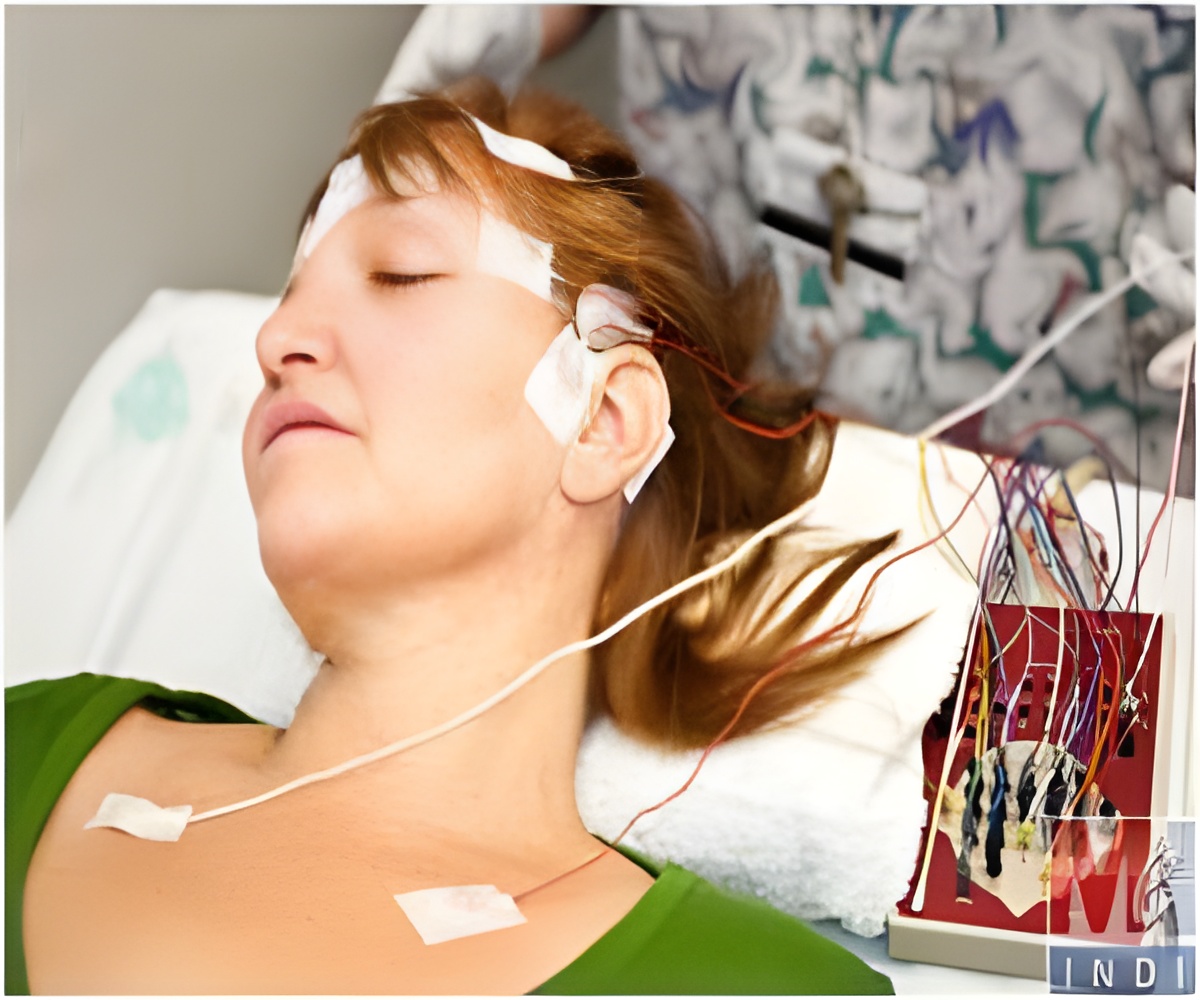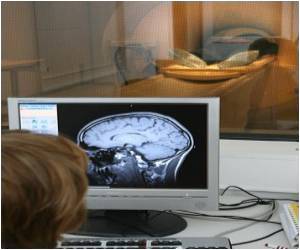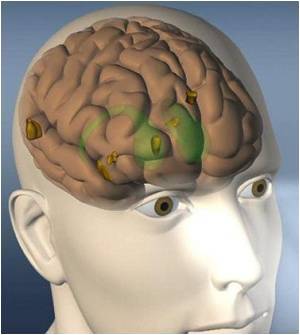Scientists at the Sahlgrenska Academy have shown for the first time that high levels of a hormone that is associated with the growth hormone system are associated with better long-term

"This study is interesting for two reasons. The first is that we show that a hormone is associated with improved long-term recovery, and thus there is still the prospect of improvement - even after three months after the stroke. The second is that levels of this hormone are known to be elevated in those who exercise often", said Associate Professor David Aberg at the Sahlgrenska Academy, who has led the study in collaboration with Professor Jorgen Isgaard.
"It is, however, important to add that the levels of IGF-I are controlled also by other factors such as other growth hormones, heredity and nutrition", emphasises David Aberg.
The study is based on 407 patients aged 18-70 years who are affected by stroke are followed up for two years after the event.
Scientists have measured the levels of IFG-I in these 407 patients and seen that increased levels are associated with better recovery, when the degree of recovery is determined between 3 and 24 months after the stroke.
The study has been presented in an article in the Journal of Clinical Endocrinology and Metabolism.
Advertisement















